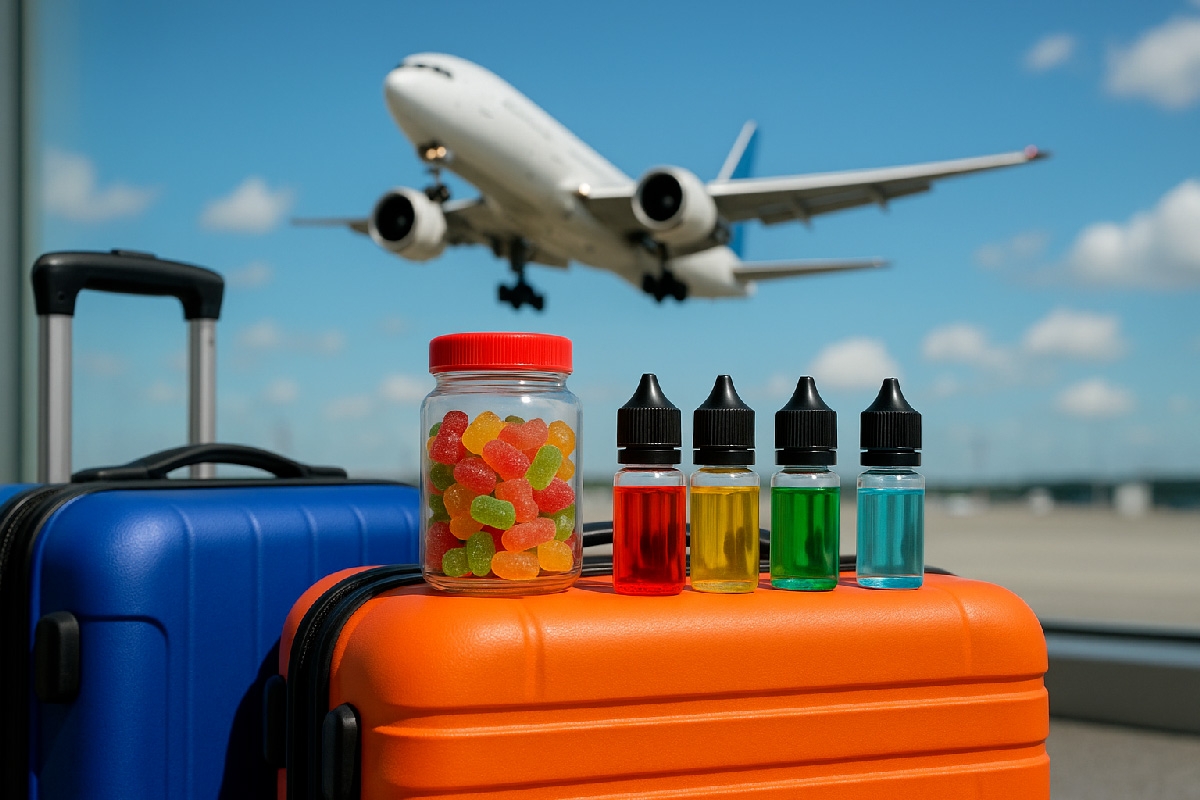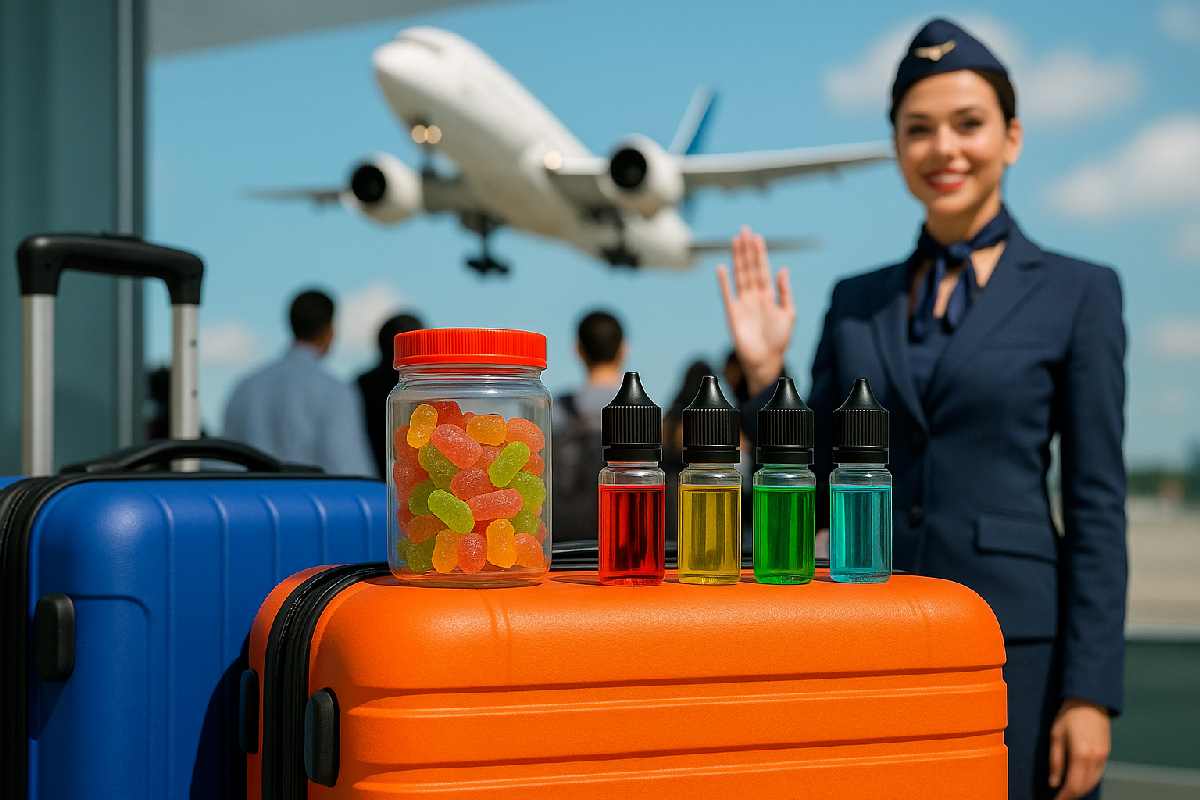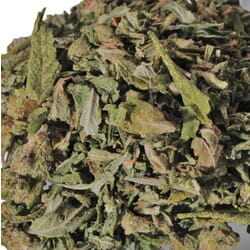Travelling with CBD in 2025: Rules, Restrictions & Practical Tips

Travelling with CBD in 2025 still raises many questions, even among experienced users. Although decriminalised in some countries and regulated by clear laws in France and Europe, CBD remains a controlled substance in many parts of the world. It's best to know the rules before slipping your bottle of oil or e-liquid into your suitcase.
Is CBD legal internationally?
Very different laws depending on the country
It is possible to buy legal CBD in France, but from one country to another, the situation varies greatly. In Europe, many states allow CBD under certain conditions (THC content ≤ 0.3%). But in Asia, Africa, or some areas of the Americas, regulations are often strict or even prohibitive. Some airlines also impose their own restrictions.
Where is CBD strictly prohibited?
Here is a non-exhaustive list of countries where CBD is considered illegal, just like cannabis: Hong Kong, Singapore, Indonesia, Malaysia, Saudi Arabia, Brunei, Russia, Slovakia, Lithuania, Guatemala, Cuba. In these destinations, possession of CBD-containing products can result in criminal penalties.
Where can you travel with CBD without risk?
CBD is widely tolerated in France, Germany, Italy, the United Kingdom, Canada, the United States (depending on the state), and Switzerland, with laws varying on THC content (usually 0.2–0.3%).
Flying with CBD: rules you need to know
Airport regulations (TSA, EU)
In the United States, the TSA allows hemp-based products containing less than 0.3% THC. In Europe, legislation is similar, but checks depend on the country of departure, transit, and destination. If in doubt, travel with a certificate of analysis for your product.
Carry-on restrictions
Liquid products (oil, e-liquid, cream) must be in containers ≤ 100 ml, stored in a compliant transparent bag. Capsules and gummies are generally easier to carry. Airlines enforce these rules strictly.
Be careful with layovers
A layover in a country where CBD is banned can be enough to trigger a check or seizure. Be cautious, especially on flights transiting through the Middle East or Asia.

Which types of CBD products can you travel with?
Oils, capsules, and e-liquids
These forms are the most tolerated: labelled, easy to justify, and compliant with local laws. A Certificate of Analysis (COA) increases safety during inspections.
Flowers and resins: best avoided
Herbs and resins resemble illegal cannabis, increasing the likelihood of searches and confiscation. In some regions (Asia, Central America), these products are considered narcotics.
Ambiguous or banned products
Infused foods, drinks, or resin extracts containing traces of THC may be refused entry. Always check local regulations.
Our practical advice
- Check local laws on embassy or customs authority websites.
- Opt for discreet, compliant formats (small bottles, candies).
- Carry a Certificate of Analysis (COA) to prove the composition, or at least the purchase receipt.
- If allowed in the destination country, consider buying CBD on-site to avoid risks during transport.
FAQ – CBD and air travel
Can you carry CBD in your hand luggage?
Yes, if the products are legal and comply with air transport rules (liquid format < 100 ml, THC-free) and the airline’s internal policies.
Will CBD pass through customs?
Yes, depending on the form and country. Oils and capsules usually pass, while flowers and resins risk confiscation.
Can I travel with a CBD vape pen?
Yes, provided the e-liquid is in a ≤100 ml bottle, sealed and compliant with air travel regulations. Note: vaping on the plane is strictly prohibited.
What if my product is seized during a layover?
It cannot be recovered. Choose non-stop flights to countries where CBD is legal.
Is there a risk of a fine?
Yes, in some countries fines or even criminal charges are possible if CBD is banned. Always check in advance!
Are there airlines that ban CBD?
Most follow international standards, but some may have stricter rules depending on the destination. Check their terms and conditions.


